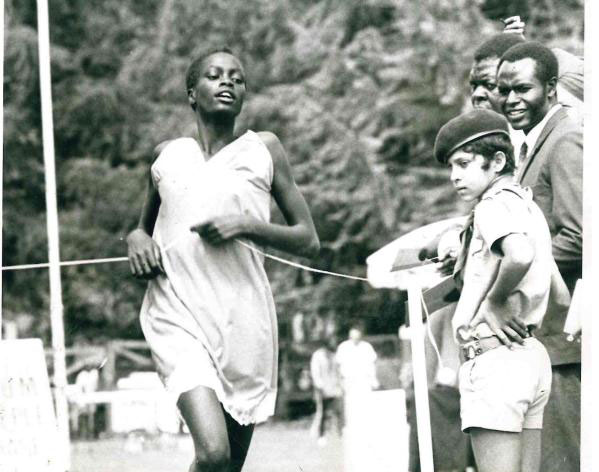×
The Standard e-Paper
Kenya’s Boldest Voice

This year’s Tokyo Olympic Games will be remembered not so much for the records that will be tumble or the medal haul by sporting powerhouses.
Instead, it will go down in history as one of the most guarded games not because of terrorism but as a result of an invisible enemy, the Covid-19 virus.